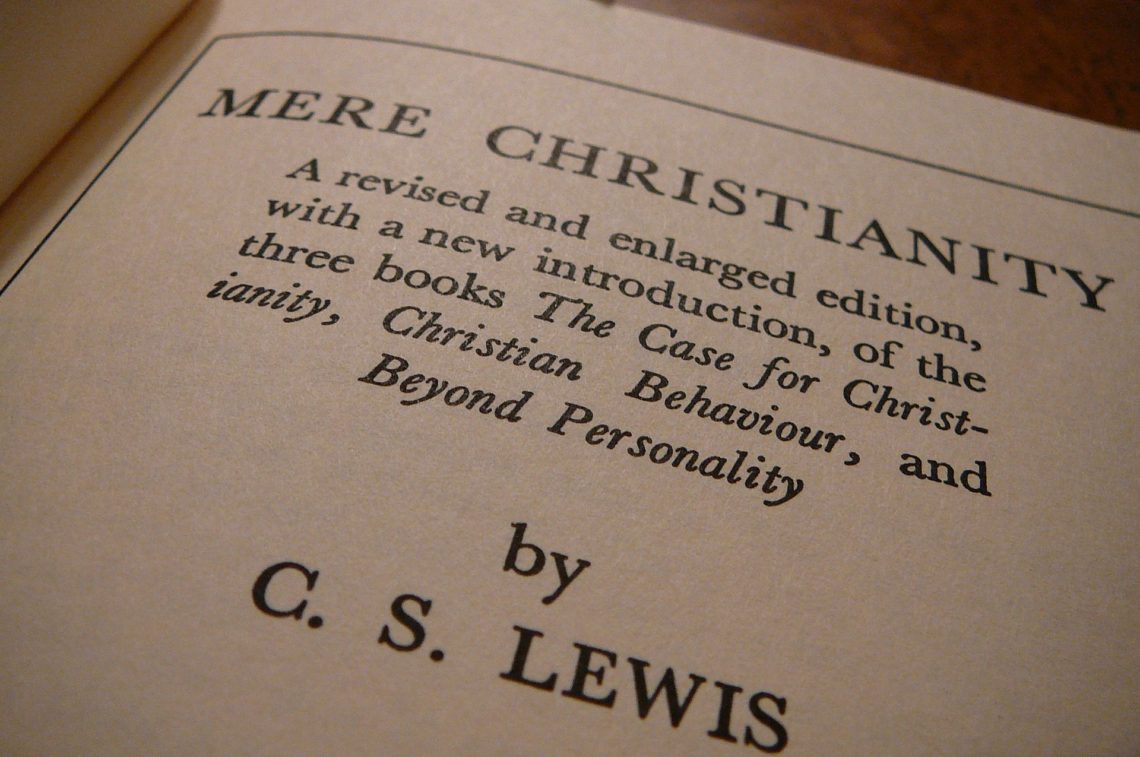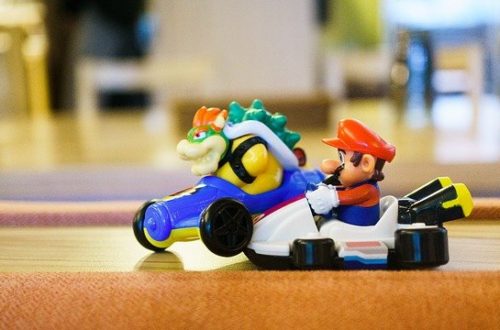
The Christian way is different: harder, and easier.
C.S. Lewis is often remembered as one of the most influential Christian thinkers of the twentieth century. Aside from the scriptures themselves, his writings have shaped my understanding of God and the Christian way more so than any others. I’ve especially gravitated towards one of his more popular books, Mere Christianity, which has been essential in my own faith journey.
Here, in Mere Christianity, Lewis articulates something like a “misunderstanding” we seem to encounter when stepping into the Christian life — especially for the first time.
When we think of “the Christian way,” we can come to believe that it is centered on our efforts to become “good” or “moral” people. We can feel the pressure to live up to a certain standard of holiness, and when that doesn’t go as planned, we feel ashamed and frustrated with ourselves for falling so short of our expectations. Ever been there?
Lewis speaks to this place of tension that occurs when we base our natural selves at the starting point for the Christian way. When we enter the Christian life with the goal of bettering ourselves, in order to get the most out of what this type of “Christian life” offers, we become like the honest man paying his taxes. As Lewis states about this honest man, “He pays them all right, but he does hope that there will be enough left over for him to live on” (1).
When we attempt to find peace or success in this Christian life by bettering ourselves, for the sake of ourselves, we will be met with ongoing frustration and disappointment. Even if our motives appear pure on the surface, we cannot enter into the Christian way by worshiping who we believe we are, or who we hope we will become.
Here, counter to what we learn about other things in life, our efforts to “try-harder” won’t take us where we want to go.
As Lewis states, when we place ourselves as the starting point for the Christian way, either one of two results will play out. We will either give up trying to be good, or we will end being very unhappy. For the more we listen to our conscious, the more it will demand of us. And as our conscious continually gnaws at our natural self and its need for change, the more our natural self will become “starved and hampered and worried at every turn, [and] will get angrier and angrier.”
The Christian Way
As we attempt to reconcile these places of tension between our restless conscious and frustrated natural selves, Lewis thankfully sheds some light on the realities of the Christian way, which transcend our own ideas of what it “should” be like. He writes,
“The Christian way is different: harder, and easier. Christ says, “Give me All. I don’t want so much of your time and so much of your money and so much of your work: I want You. I have not come to torment your natural self, but to kill it. No half-measures are any good. I don’t want to cut off a branch here and a branch there, I want to have the whole tree down. Hand over the whole natural self, all the desires which you think innocent as well as the ones you think wicked — the whole outfit. I will give you a new self instead. In fact, I will give you Myself: my own shall become yours.”
Here, the Christian way is considered harder and easier than what we perhaps once believed. Jesus says both, “Take up your cross” and, “my yoke is easy and my burden is light.” He wants all of us — good and bad and everything in between. We’re not tasked with the goal of perfecting who we are in order to fit into an image or achieve a standard we’ve set for ourselves. We’re called instead to give it all up, and follow Him — which can be dreadfully hard.
Yet in these places of surrender, we experience the freedom and lightness of his yoke, making this way of life much easier than trying to navigate the burdens and unreachable expectations we continually place on ourselves.




